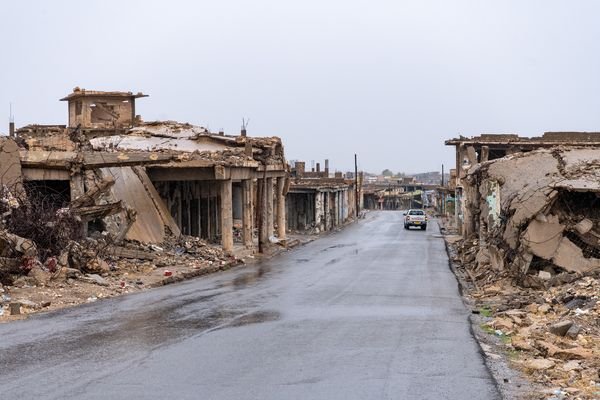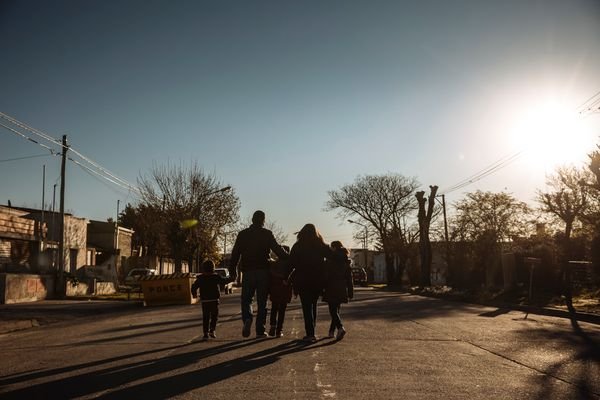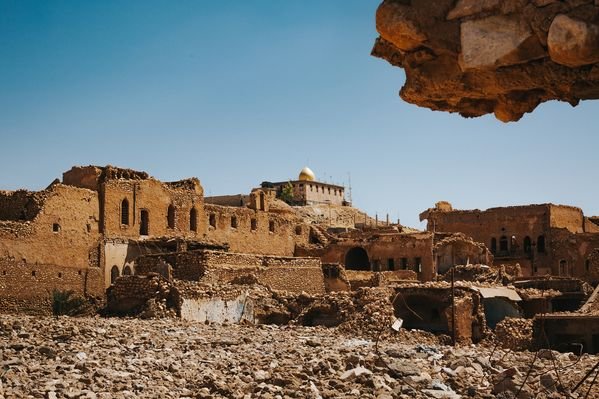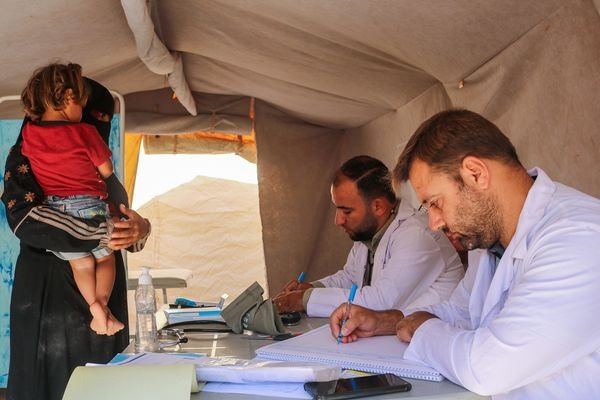
shelter
Securing Tenure in Shelter Operations
In a number of regions and contexts where humanitarian shelter programmes are implemented, the use of and access to land and housing by individuals and communities is of a different character and subject to a different type of governance than in the Global North context of formal ownership evidenced by written documents and official records.

shelter
The Due Diligence Standard
This checklist aims to assist shelter actors to ensure that they respect existing rights over plots of land on which they intend to construct shelter and minimise the risk that may contribute to land disputes. It is also intended to help assisting managers and implementers of shelter programmes in field locations to identify land rights in contexts where information is difficult to obtain.

shelter
Housing, Land and Property Rights in Shelter
The objective of the Due Diligence Guidelines is to support shelter actors in ensuring that Housing, Land and Property (HLP) rights of both shelter beneficiaries and land/property owners in Northern Syria are protected to the greatest extent possible throughout the shelter program cycle.

shelter
Due Diligence Guidelines for Shelter Actors
These guidelines are an adaptation of the “Land Rights and Shelter: The Due Diligence Standard” document adopted by the Global Shelter Cluster in December 2013 to the South Sudanese context. They aim to assist shelter actors in South Sudan to understand existing land rights over plots of land and to minimize the risk of shelter activities further contributing to land disputes in South Sudan.

general
Rapid Tenure Assessment
The International Federation of Red Cross and Red Crescent Societies (IFRC) is the world’s largest volunteer-based humanitarian network. With our 190 member National Red Cross and Red Crescent Societies worldwide, we are in every community reaching 160.7 million people annually through long- term services and development programmes, as well as 110 million people through disaster response and early recovery programmes.

general
NRC Natural Resource Guidance
During conflicts and disasters, relationships and institutions tend to weaken and break down. Sometimes, the breakdown of trust in the relationships and systems that govern housing, land, property or natural resources are contributing factors to the conflict itself. Therefore, all humanitarian actors whose interventions rely on access to land, buildings, or natural resources must pay careful attention to these relationships.

cccm
Supporting HLP-Sensitive CCCM Interventions in Informal Sites
In north west Syria, CCCM interventions often target informal, self-settled IDP sites, including with infrastructure works. Some of these sites are often established on land to which occupants have no legal claim.

cccm
CCCM Housing, Land and Property Toolkit
Collection of Guidance and Tools to addressing HLP rights and tenure security in CCCM responses.
